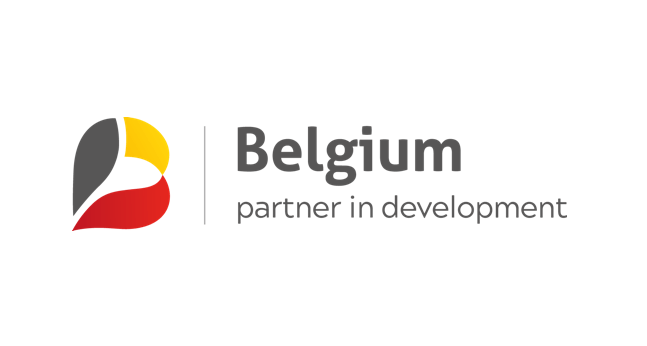Trias fights gender violence in D.R. Congo
1 in 3 women are victims of gender violence. This is catastrophic. That is why we are participating in the International Day Against Violence on Women on 25 November. Find out how Trias prevents violence against women in D.R. Congo.
1 in 3 women victims of gender violence
Did you know that 1 in 3 women face violence in her lifetime because of her gender? That is just devastating. In D.R. Congo, even half of women are victims of domestic violence. In Africa’s second largest country, half the population is female and under 15 years old. Congolese women are also especially vulnerable because in some regions there is no procedure to accommodate victims of domestic violence.
How Trias prevents gender violence in D.R. Congo
Gender violence is a widespread problem that we want to stop.
That is why we launched a project in D.R. Congo in 2022 to prevent gender violence in rural Congo. We want to break down gender stereotypes and adapt those gender norms in communities.
Ruth Hamadi is a gender advisor at Trias in D.R. Congo and responsible for this project. She tells you why preventing gender violence is so important.
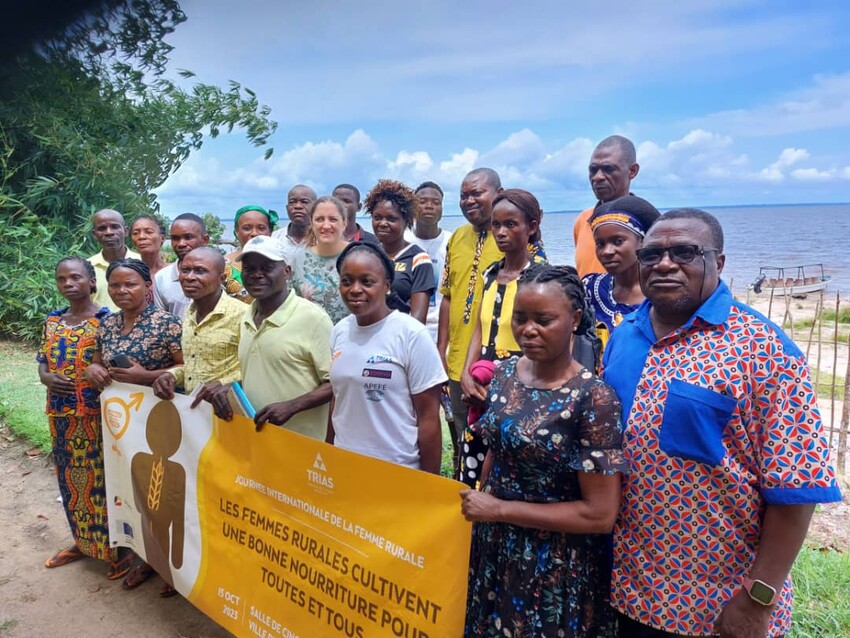
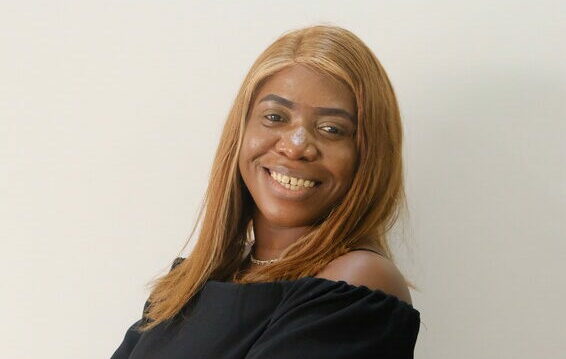
Hi Ruth, can you tell us a bit more about violence against women in D.R. Congo?
Ruth: “We see that there is a lot of psychological and physical violence against Congolese women. Rape is not common, but violence is minimised within the community. For example, men find it normal to scold their wives. And young girls are forced to marry early. Moreover, there is a lot of economic violence. Congolese women take on all the household chores but have no visibility of the budget or income. Among couples of farmers, we see that women help work in the fields, but the men make decisions alone. So women only perform tasks and are excluded from decisions or finances. Their work in the field is not recognised.”
So the problems are huge for Congolese women. How does Trias intend to change that with this project?
Ruth: “We first interviewed peasant women, young people and men to gain insight into the problems and gender stereotypes. That way we know how everyone sees the typical woman or man now. Then we selected 133 gender champions from those interviews. They are advocates for more equality between women and men. We organised specific awareness-raising trainings for them. For example, women received training on women’s rights. Men learned about gender equality and equal relationships. Those gender champions spread that knowledge further in their communities. By 2022, we have already trained facilitators on gender violence. They in turn sensitised 763 people, including 363 women and 270 young people.”
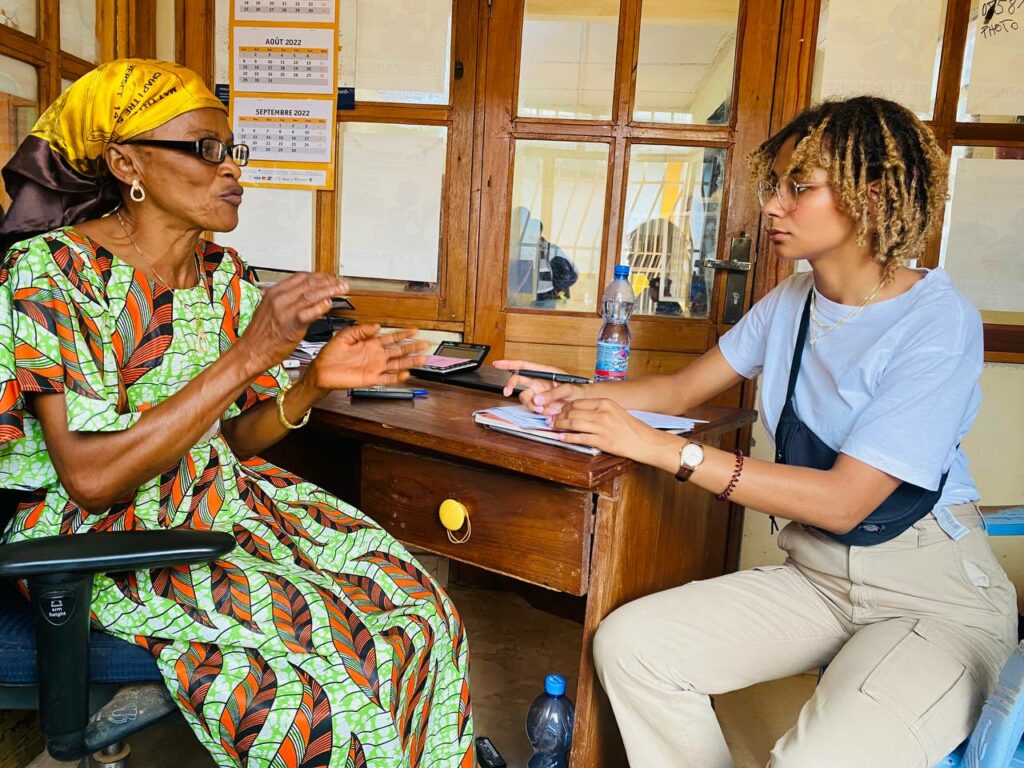
“I have been committed to women’s rights for years. Thanks to the training on gender violence, I now know how to denounce such violence. Moreover, I want to raise awareness among all men and women in my community. Most importantly, we must stop being silent when we see or experience sexual violence around us.”
Géneviève, in charge at agricultural cooperative UPINO
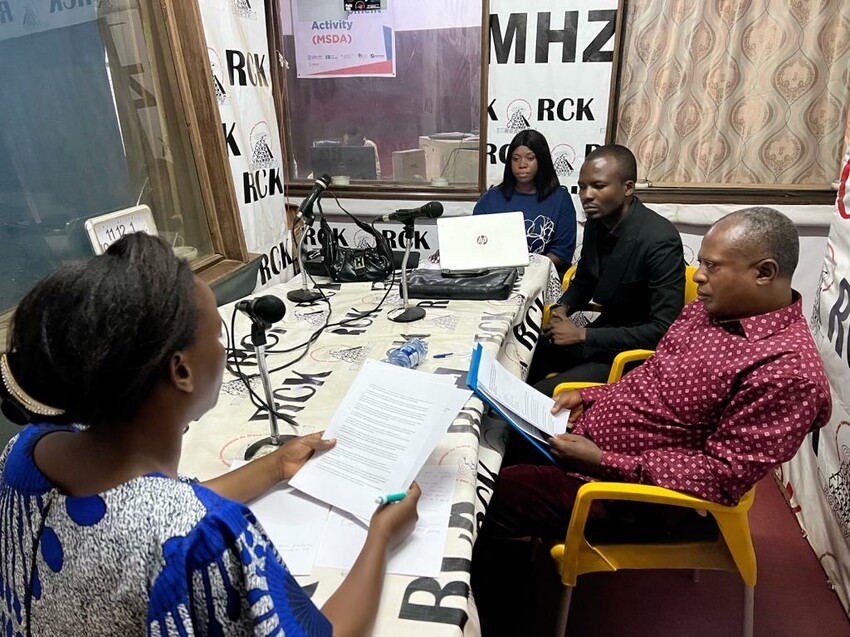
What other actions are planned?
Ruth: “We want to change gender stereotypes and that takes a lot of time. It is a long process where a person has to be sensitised several times. That’s why we keep organising those trainings. We also make sure that supporters and opponents debate with each other to find solutions to violence against women. In mid-November, we organised another webinar on gender stereotypes and norms. We will also organise another big workshop inviting a wide audience.”
“I have learnt to see my wife as an equal partner. Therefore, I involve her in all decisions around our household. Many villagers see us as role models and come to us for advice. This project will help many men improve their relationship with their wives.”
Masialu Nsafu
Done with violence against women
We want to end violence against women in the world. Together, we are going for more equality between women and men. Still until June 2024, we are working on this project to prevent gender violence in D.R. Congo. By doing so, we want to break down gender stereotypes and adjust gender norms in communities. By 2022, we have already sensitised around 800 people around violence against women.
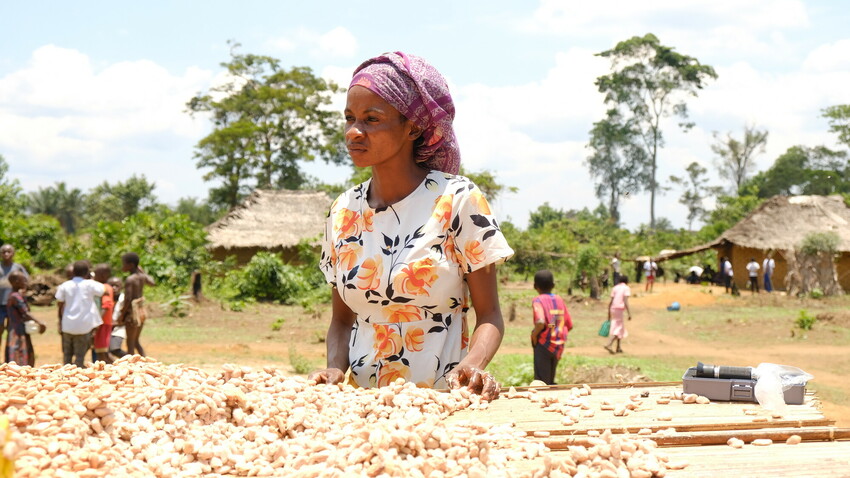
This project is made possible thanks to the support of
